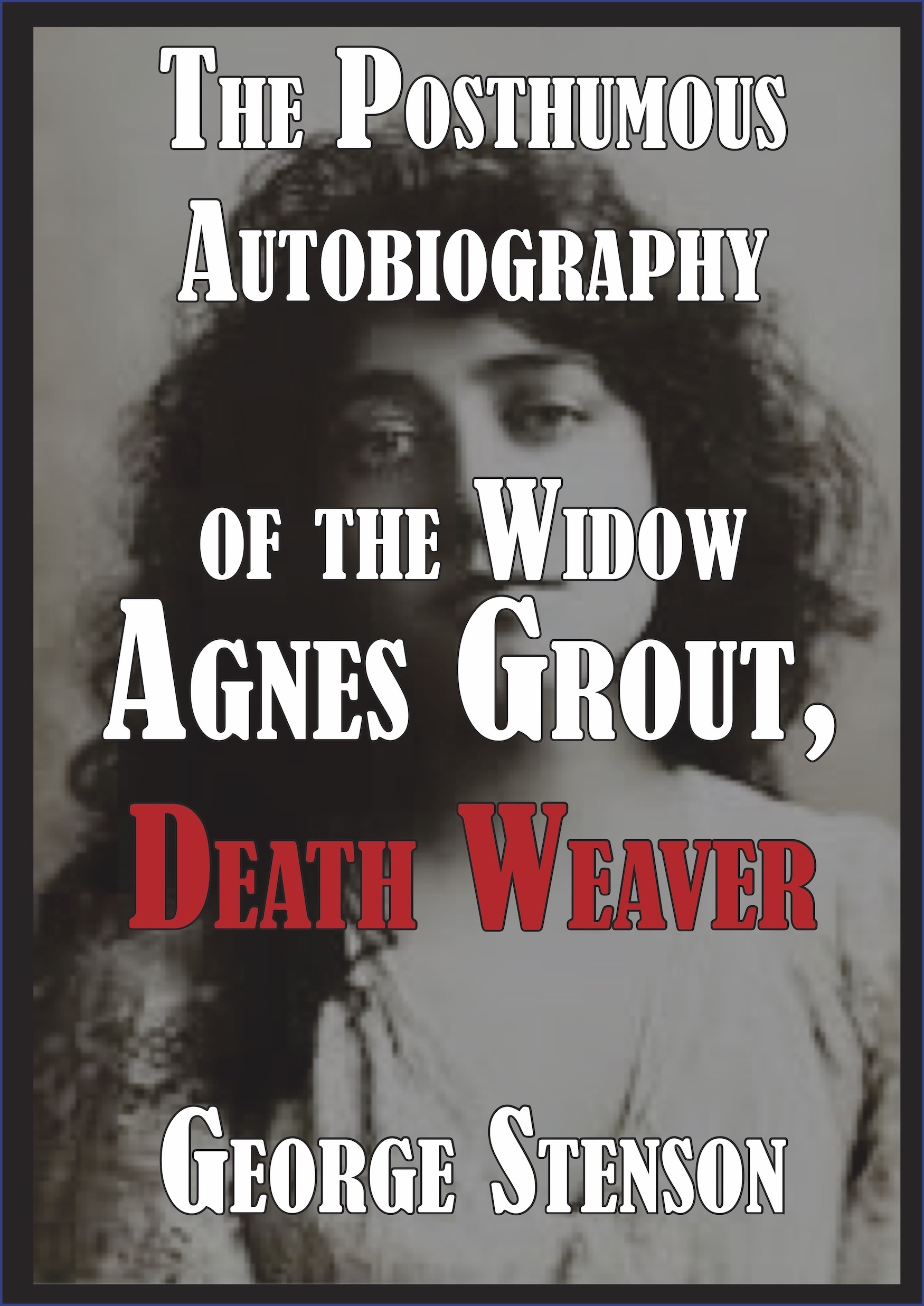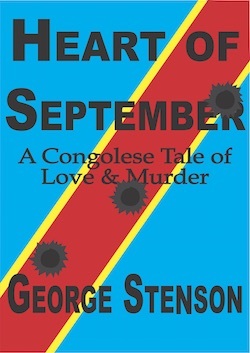
30K
Downloads
155
Episodes
Bookbinding
First, you need to know what Rhino is in Japanese. It’s Sai with the kanji being 犀. River in Japanese is kawa with the corresponding kanji being three vertical lines: 川. Together Sai and Kawa is pronounced Saigawa. The Saigawa is one of the two major rivers running through Kanazawa (the other being the Asanogawa which means Shallow River, and it is.)
That means the Saigawa can be translated as Rhino River. The Rhino River I made is an A6-size, 120-page, link stitch-bound blank notebook. In order to push my personal envelope in the bookbinding trade, I made a collage of people, drew a rhinoceros, and cut out photos of various other activities: books, museums, a cow, and a painting of a group of women harvesting what appears to be wheat.
Fiction
d
Moving Pictures
d
Bookbinding
First, you need to know what Rhino is in Japanese. It’s Sai with the kanji being 犀. River in Japanese is kawa with the corresponding kanji being three vertical lines: 川. Together Sai and Kawa is pronounced Saigawa. The Saigawa is one of the two major rivers running through Kanazawa (the other being the Asanogawa which means Shallow River, and it is.)
That means the Saigawa can be translated as Rhino River. The Rhino River I made is an A6-size, 120-page, link stitch-bound blank notebook. In order to push my personal envelope in the bookbinding trade, I made a collage of people, drew a rhinoceros, and cut out photos of various other activities: books, museums, a cow, and a painting of a group of women harvesting what appears to be wheat.
Fiction
d
Moving Pictures
d
Episodes

Saturday May 25, 2024
Ep. 298: Tenugui & Gangsters of Love
Saturday May 25, 2024
Saturday May 25, 2024
Bookbinding
 We (meaning I, i.e. the royal We), made an A6-sized (pocket book) Coptic-bound, blank notebook with seven signatures of four folios for about 112 pages. Pages are numbered for easy reference. Unremarkable really as I’ve made a few of these bunkobon (文庫本) books in the past. So, what makes this edition warrant special mention?
We (meaning I, i.e. the royal We), made an A6-sized (pocket book) Coptic-bound, blank notebook with seven signatures of four folios for about 112 pages. Pages are numbered for easy reference. Unremarkable really as I’ve made a few of these bunkobon (文庫本) books in the past. So, what makes this edition warrant special mention?
First, 文庫本 is an A6 size book equivalent to what Americans refer to as a pocket book (but not a pocketbook which is an accessory for holding cash and credit cards). A pocket book measures about 4.25" x 6.87" whereas a 文庫本 measures 4.1"×5.8"
 The remarkable part? I used tenugui (手拭い) as a book cloth. What’s tenugui? It’s a towel. A traditional Japanese hand towel (35 by 90 cm; 13" x 35") that dates back about a 1,000 years (to the Heian Era, if you’re interested in Japanese history – back when Lady Murasaki was writing The Tale of Genji).
The remarkable part? I used tenugui (手拭い) as a book cloth. What’s tenugui? It’s a towel. A traditional Japanese hand towel (35 by 90 cm; 13" x 35") that dates back about a 1,000 years (to the Heian Era, if you’re interested in Japanese history – back when Lady Murasaki was writing The Tale of Genji).
It’s the towel that often gets wrapped around the heads of people who wrap towels around their heads to inspire themselves and others. And used to dry hands or sweat from brows.
I got the towel wet, applied a healthy chunk of glue, patted down some shoji (障) paper to back it, allowed it to dry for 24 hours, and cut it to size. Using the tenugui was an experiment on my part that worked out quite well, I think.
So, I hear you asking, What is shoji paper? It’s the paper used in those paper walls Japan is famous for but  increasingly doesn’t use much anymore unless decoratively for a ‘Japanese’ accent in homes with tatami mats which are also not used as much anymore.
increasingly doesn’t use much anymore unless decoratively for a ‘Japanese’ accent in homes with tatami mats which are also not used as much anymore.
One advantage of using 手拭い for a 文庫本 book cover is that I can get two book covers out of one 手拭い. Plus, many 手拭い have quite stylish designs. (And you thought you couldn’t read Japanese, you silly goose (gachou – 鵞鳥)).
Fiction
 Whilst waiting for somebody to get her act together, I started fooling around with my computer and wrote a title then started writing a story to fit the title. Over the last fortnight I finished it. Called The Gangsters of Love, it sporadically includes lyrics from Steve Miller’s The Joker while maintaining a plot about a missing woman, her daughter, and an attempted murder all seen through a first person narrator with synesthesia. It is a short story topping out at about 25 pages.
Whilst waiting for somebody to get her act together, I started fooling around with my computer and wrote a title then started writing a story to fit the title. Over the last fortnight I finished it. Called The Gangsters of Love, it sporadically includes lyrics from Steve Miller’s The Joker while maintaining a plot about a missing woman, her daughter, and an attempted murder all seen through a first person narrator with synesthesia. It is a short story topping out at about 25 pages.
Plus, after a few hours of research into Lowell looms in the 1800s, the novel The Posthumous Autobiography of the Widow Agnes Grout, Death Weaver continues unabated. But with a few changes.
One big change is pushing the birth of Agnes back a decade or so as I have her being born at about the same time the Lowell factory was fading out which was in the 1830s. Caused by, among other things, economic depressions esp the 1837 one; immigrants allowing factory owners to pay them less for their labor (owners already employed females because they could pay females less that males, a tradition that continues to this day); an oversupply of cloth driving prices down; unionization, which both the government and factory owners ignored; and the elevating of profit over people even more so by the factory owners.
Another change was learning that Lowell factory workers worked 80 hours a week plus had to attend church services on their only day off plus were encouraged to attend lectures to educate themselves.
Research is fun! Writing is work. Having written is Fun!
Substack
 Check out Chapter 18 of Heart of September in which Hairball squeals on a fellow antique book buyer who is smuggling several valuable volumes out of England.
Check out Chapter 18 of Heart of September in which Hairball squeals on a fellow antique book buyer who is smuggling several valuable volumes out of England.

No comments yet. Be the first to say something!